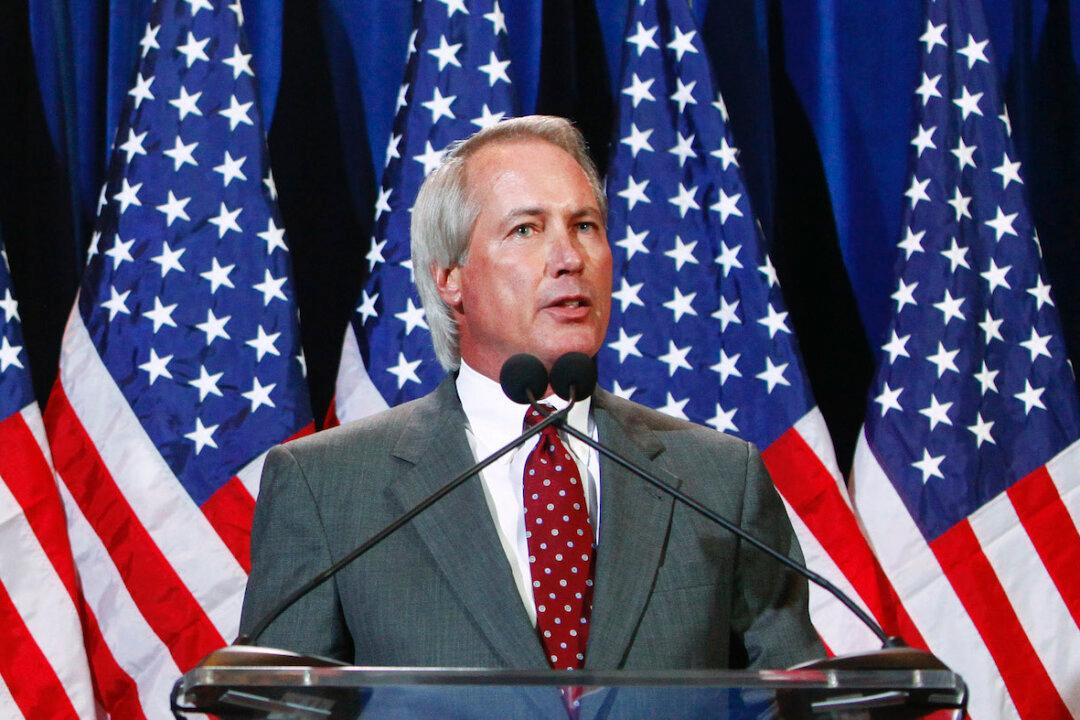The attorney whose efforts to block the certification of Georgia’s 2020 election results was rejected by a federal judge has filed an appeal to the 11th Circuit Court seeking an emergency review of the lower court’s decision.
Attorney Lin Wood has escalated his efforts for an emergency request to prohibit the certification of the state’s election results or the tabulation of “defective absentee ballots.” He filed a notice informing the district court that he is appealing its decision to deny his emergency motion for relief to the U.S. Court of Appeals.




